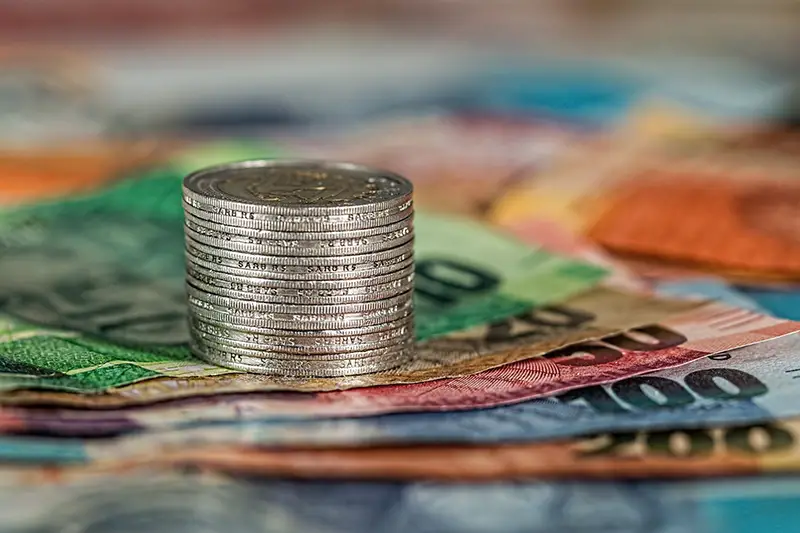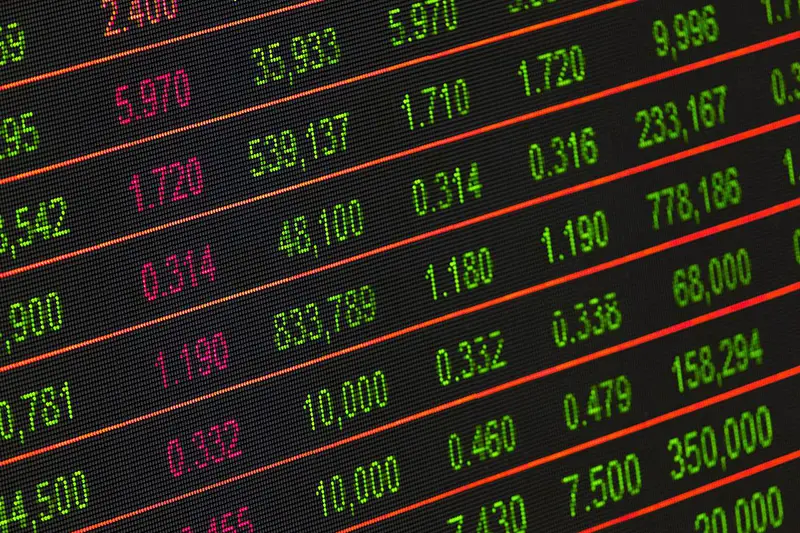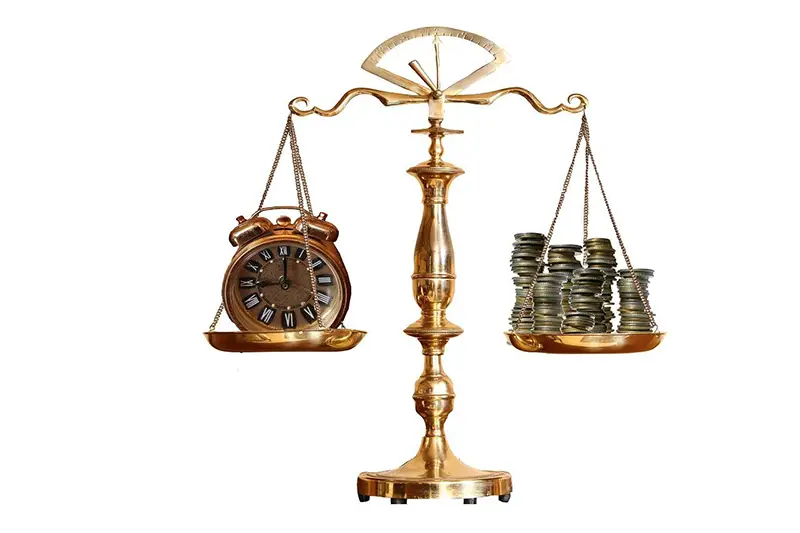Click here to get this post in PDF
Why stay in tune?
There are many reasons why it is important to stay in tune with international trade news. Usually, the balance of trade influences the currency exchange rates through the effect on supply and demand for general foreign exchange. If a country’s trade account does not become zero – in other terms, when the country’s exports are not equal to what it is importing – there is more demand or supply for a country’s currency. This means that the price of currency on the world market stage will be significantly influenced.
Companies like Oanda.com can help you to find the best kind of conversion rates if you are taking an upcoming trip, but it is also essential to understand why rates change in the first place and what affects them. Read on to find out the top 5 reasons why international trade news matters for foreign exchange rates.
5 Things that Affect Exchange Rates
1. Countries in Inflation
It is known that a country that has a consistently lower inflation rate will have a rising value in its currency, as its purchasing value increases compared to other currencies. Countries with low inflation rates that have been tracked across the 20th century are Germany, Switzerland, and Japan. Countries such as Canada and the United States had low inflation in later years.
Countries with higher inflation rates will typically see depreciation in currency through interactions with other trading partners. If this is the case, higher interest rates will likely follow.
2. Interest Rates
Inflation and interest rates go hand in hand as both have a direct influence on each other. For example, central banks can influence exchange rates through the manipulation of interest rates. By doing so, the change in interest rates significantly impacts currency values and overall inflation. Higher interest rates mean that lenders in the economy have a higher return relative to other countries. Higher interest rates, in turn, impact foreign capital and cause the exchange rate to increase. If inflation in one country is higher than that in others, it brings the value of the currency down.
3. Current Account Deficits
A current account is the balance of trade between trading partners and a country. It reflects all kinds of payments between countries for services, interests, dividends, and goods. Suppose there is a deficit in a current account. This implies that a country is spending more money on foreign trade than it is actually earning, meaning that it is borrowing capital from other sources (usually foreign sources) to make up for the apparent deficit. If this happens, it lowers the demand for foreign currency, meaning that the exchange rate becomes lower for domestic services and goods. It means that these services will be cheap for foreigners, but overall, assets are too expensive.
4. Public Debt
Usually, it is common for a country to have a large deficit when they are paying for things that relate to public sector issues and overall government funding. Although these kinds of activities positively affect the economy, countries with large public debts and deficits are less attractive to overseas investors. The reason for this being that large debts are usually followed by inflation.
As seen throughout history, if the inflation due to public debt is in a ‘worst-case scenario,’ a government may decide to start printing money to pay off such large debts. However, doing this inevitably causes inflation to grow. Also, if a country can’t reduce the deficit by selling bonds or increasing the overall money supply, the other alternative is to increase the supply of sales to foreign bidders, which means lowering their prices. The danger with this is that foreigners will be less likely to engage with a country and currency that will be in great debt.
5. Trading
Trading heavily influences the country’s current accounts and balance of payments relating to import and export prices. If the overall price of a country’s exports has risen, this means trading has improved. If trade increases, it shows the rest of the world that there is a demand for a particular country’s exports. More demand for a country’s goods means that there is more demand for the country’s currency, adding greater value to this currency.
You may also like: What Is A Forex And How Does It Work
Image source: Pixabay.com



